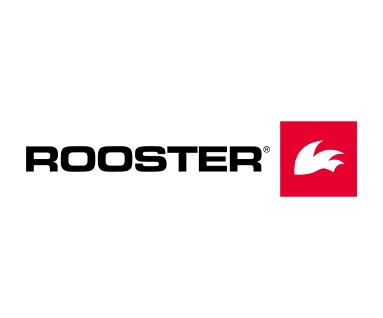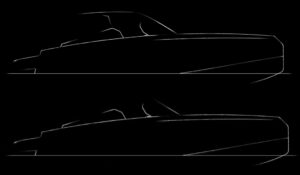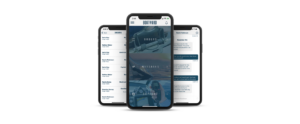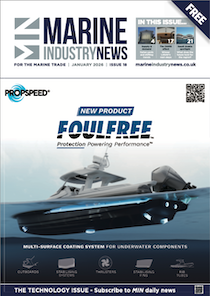‘Dirty dozen’ revealed: 12 companies responsible for 70% of UK packaging pollution
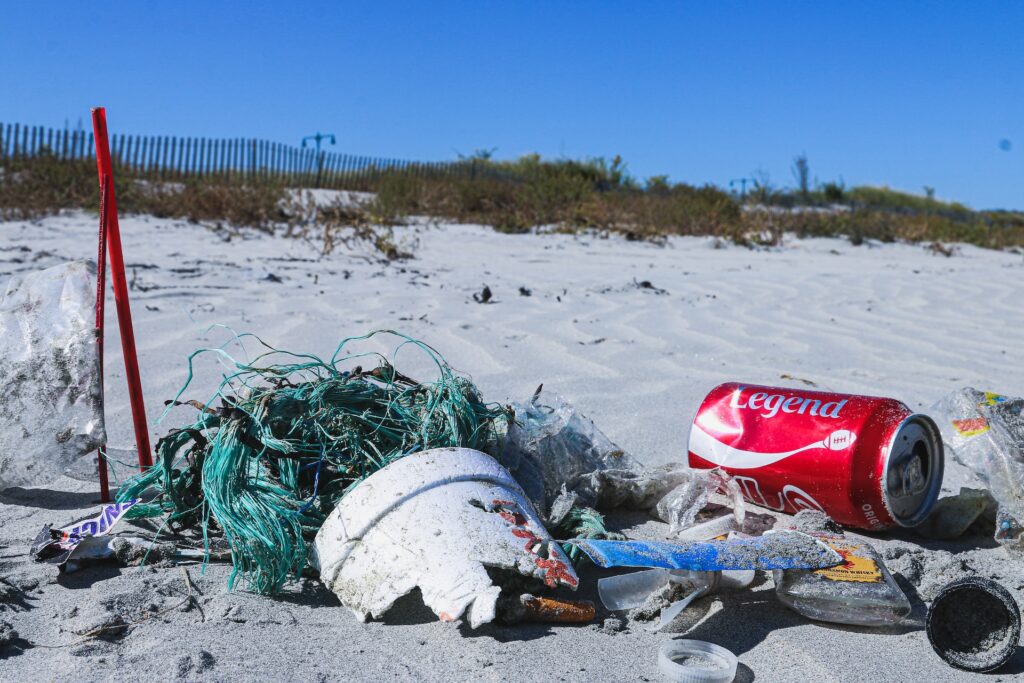
The 2022 Citizen Science Brand Audit, an annual report compiled by charity Surfers Against Sewage, has revealed the 12 companies responsible for over 70 per cent of branded packing pollution found across the UK.
The report assesses data from the Million Mile Clean, in which volunteers logged 10,843 items of branded packaging pollution across beaches, mountains, rivers, streets, woodlands and green spaces.
It is estimated that over 80 per cent of man-made debris in the marine environment first originated on land, before being thrown, blown or washed into rivers, canals and the seas.
A total of 28,727 items were recorded overall in the 2022 audit, including both branded and unbranded items. Of the branded items, Coca-Cola, PepsiCo, McDonalds, Anheuser-Busch InBev, Mondelez International, Nestlé, Tesco, Red Bull GmbH, Suntory, Carlsberg Group, Heineken Holding and Mars made up over 70 per cent of all packaging pollution.
Packaging from over 264 companies was identified in total in the report, which can be read in full on the SAS website.
As the top three polluters, Coca-Cola, PepsiCo and McDonalds are responsible for 38 per cent of all branded pollution found. It is the third year running that Coca-Cola has taken the ‘top’ spot in the audit.
Earlier this year, a similar pollution report by non-profit Planet Patrol also found that Coca-Cola Company was the worst offender for branded litter.
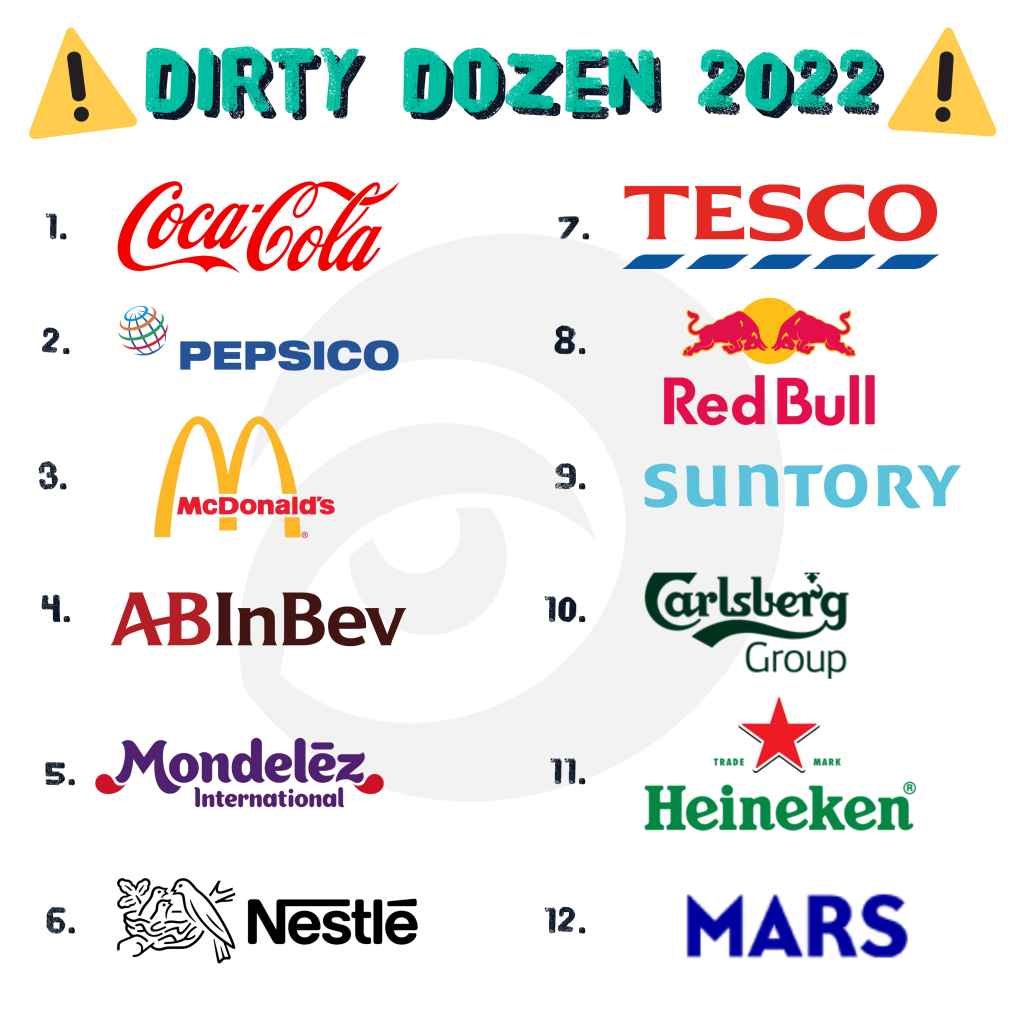
In response to public pressure, Coca-Cola has recently announced a new reusable packaging target, aiming for at least 25 per cent of all beverages worldwide to be sold in refillable or returnable glass or plastic bottles and containers by 2030.
“Year after year, our Citizen Science Brand Audit reveals the same huge companies are responsible for the packaging pollution choking our environment,” says Hugo Tagholm, chief executive of Surfers Against Sewage. “Despite public sustainability commitments, these dirty brands are failing to take meaningful action to stop this harm.
“We cannot stand for this blatant greenwashing any longer. Systemic change is urgently needed to end the pollution swamping the land and ocean. Businesses need to take responsibility for their polluting products and transition to models of reduction and reuse. Legislation such as an ‘all-in’ deposit scheme needs to be introduced urgently and governments must hold these companies to account.”
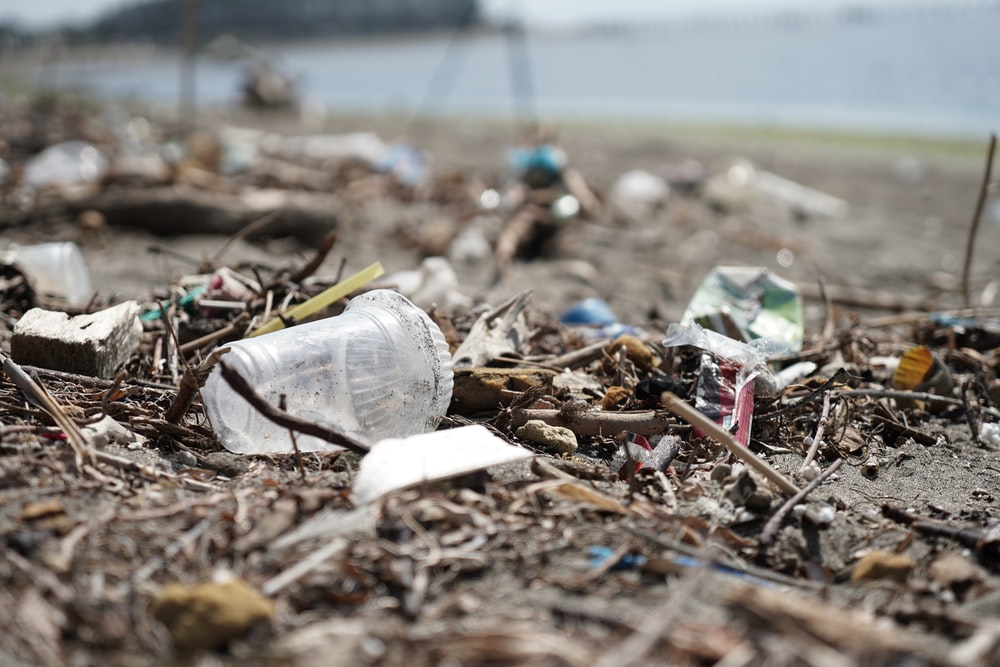
SAS says it is calling on companies to end harmful pollution by taking responsibility for the entire lifecycle of their products, reducing their packaging and adopting circular business models.
“It’s time big polluters act now to end their polluting ways,” the charity says in a statement.
SAS is also demanding that government introduce an ‘all-in’ deposit return scheme (DRS) for drinks containers of all sizes and materials, including glass, and not just small containers classified as ‘on-the-go’.
Deposit return schemes are already used effectively across Europe with up to 90 per cent of containers prevented from becoming pollution in many cases.
Of the items monitored from this year’s Dirty Dozen, it is estimated that 55 per cent could be captured through an ‘all-in’ deposit return scheme.
A DRS was first announced in the UK in 2018, yet it will be at least 2024 before it is introduced, based on current government announcements. SAS estimates that equates to a total of 48 billion extra containers in UK rivers and seas that could have been captured.

